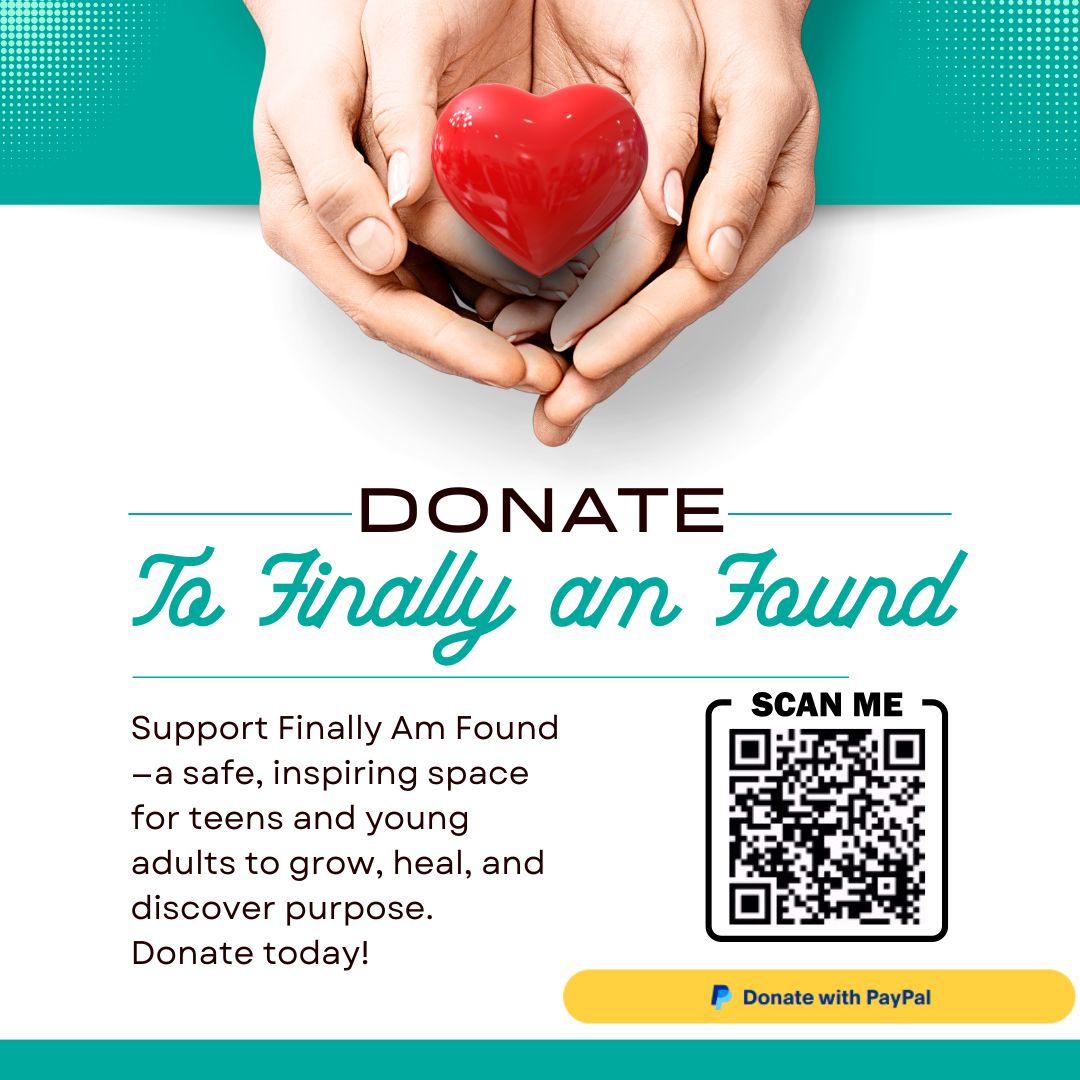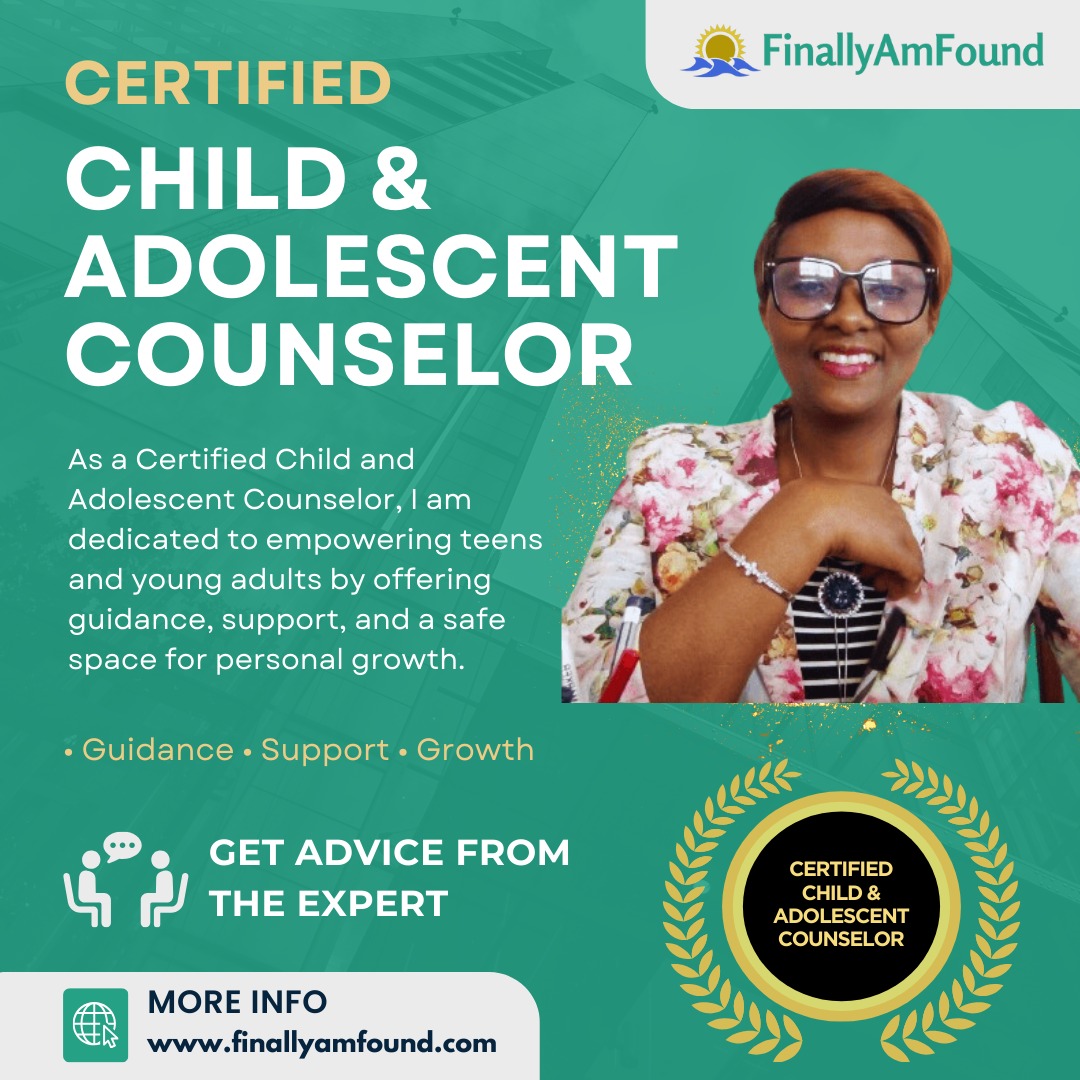As a young person, finding your identity can feel like one of the most challenging and overwhelming tasks. You’re constantly bombarded with expectations from family, friends, and society while simultaneously trying to figure out who you truly are and where you belong. It encompasses various aspects, such as values, beliefs, emotions, and cognitive style, which are shaped by factors like family, social relationships, education, cultural background, and self-reflection.
A strong personal identity is essential for increased self-awareness, improved decision-making, and emotional intelligence, ultimately leading to more authentic relationships and a greater sense of resilience and fulfillment in life. Identity is a complex and ever-evolving construct shaped by both internal experiences and external influences. However, personal identity can be challenged by social pressures, identity crises, and the tension between conforming to external expectations and staying true to oneself. The search for identity isn’t just about what you want to do in life but about understanding who you are at your core. This process can take time, but it’s a journey worth embracing.
Identity is Evolving, Not Fixed
One of the most important things to understand about identity is that it’s not a fixed label. You’re constantly growing, learning, and changing, which means your sense of self will evolve over time. Who you are at 15 may not be who you are at 25, and that’s perfectly okay. Don’t feel pressured to define yourself by one label or one idea of who you’re supposed to be. Instead, think of identity as something fluid, which grows as you experience life.
Embrace Your Individuality Beyond Societal Expectations
Societal expectations can have a profound impact on your identity, influencing how you perceive yourself and your place in the world. These expectations can shape your sense of self, self-worth, and belonging, often in subtle yet profound ways. Societal expectations refer to the unwritten yet widely accepted norms, standards, and values that govern how individuals should behave, think, and feel in a given society. These expectations can be influenced by various factors such as culture, social class, family, education, and media.
Positive and Negative Effects of Societal Expectations
However, societal expectations can have both positive and negative effects on individuals. The benefits include:
- Social cohesion and a sense of community
- Guidance in navigating social situations and making decisions
- Motivation to strive for excellence
Negative effects can include:
- Pressure and stress to conform
- Limiting diversity and creativity
- Perpetuating harmful stereotypes and biases
- Self-doubt and low self-esteem
To navigate societal expectations in a healthy way, focus on:
- Recognizing and challenging limiting expectations
- Developing self-awareness and aligning with personal values and goals
- Practicing self-acceptance and embracing individuality
Societal expectations can be overwhelming for young people, often making it hard to feel like you can truly be yourself. Remember, your identity is much deeper than the roles you take on or how you express yourself outwardly. It’s rooted in your personal values, the passions that ignite your spirit, and the dreams that inspire you to move forward. It’s perfectly okay to take your time discovering your true self. Building your identity should come from what resonates with you, not what others think you should be. Embrace the journey of finding and honoring your authentic self, because that’s what truly matters. By embracing authenticity and self-awareness, you can break free from the constraints of negative societal influences and develop a more fulfilling and authentic sense of identity.
Identity as a Continuous Journey
Identity can be envisioned as a dynamic journey, continuously unfolding rather than simply being a fixed endpoint. Throughout various periods of life—childhood, adolescence, adulthood, and into the later years—individuals often encounter profound shifts in how they view themselves. Each of these stages introduces dynamic roles that shape one’s identity, including those of a student navigating the complexities of education, a professional striving for success in the workforce, a partner deepening emotional connections, and a parent embracing the joys and challenges of raising children.
These roles come with their own distinct responsibilities and challenges, providing rich opportunities for personal growth and reflection. Life transitions—such as a spiritual awakening, relocating, embarking on a new career path, or dealing with the heartache of loss—serve as pivotal moments that can dramatically alter self-perception, acting as catalysts that prompt individuals to reassess who they are and who they aspire to become. Identity is a story that changes over time. It is shaped by your past experiences and future dreams. Each part of your story adds more detail and understanding, helping you know yourself better in relation to the world.
The Many Characters Forming a Person
Our identity is composed of multiple aspects or “characters” that come together to form a whole person. Each character may be dominant in different social contexts, and they can influence one another. Think of it like a theater troupe with multiple actors, each playing a different role. Each role represents a different aspect of ourselves, such as:
- The Professional: confident, assertive, and goal-oriented
- The Caregiver: compassionate, nurturing, and responsible
- The Creative: imaginative, expressive, and spontaneous
These roles are not mutually exclusive, and they can overlap or intersect in various ways. For example, the Professional might also be Creative in certain situations. When we navigate different social contexts, we may “call upon” different characters or aspects of ourselves to take center stage. This process allows us to adapt, grow, and evolve as individuals. While this idea might seem complex, it’s a natural part of being human. Our identities are complex, and accepting this diversity can result in a deeper and more genuine comprehension of who we are. This is the adaptive nature of human identity.
The Role of Purpose in Identity
Purpose and meaning are key to identity. Individuals who have a clear sense of purpose tend to have a stronger, more stable sense of self and vice versa. Purpose provides a sense of direction and continuity, helping people to weather challenges and stay anchored despite external changes. Whether it’s through career, family, creative pursuits, or personal beliefs, purpose often gives life coherence and shapes identity by rooting it in values and goals. This connection to purpose can serve as a core that grounds one’s identity.
A big part of forming your identity is understanding your purpose. While it’s common for young people to feel lost or unsure about their life’s direction, the journey to finding purpose often starts with small steps. Purpose doesn’t necessarily mean knowing what career you want or having a life plan; it can be as simple as recognizing the things you’re passionate about and taking action to nurture those areas. By pursuing your interests, helping others, and staying curious, you’ll gradually find a path that aligns with who you are.
Identity and Trauma
Trauma can have a profound impact on a person’s identity, often resulting in a feeling of disconnection from oneself. Those who have experienced trauma may find it challenging to integrate painful memories into their self-concept, leading to what is sometimes referred to as a fractured identity, which can also manifest as a fragmented gender identity. However, with time and healing, individuals often discover ways to reconcile these experiences. This process can lead to a more resilient and adaptive sense of self. As individuals cope with trauma, they may develop a deeper understanding of their own strengths and vulnerabilities, enabling them to redefine their identity with greater compassion, richer insights, and self-awareness.
The Impact of Social Marginalization on Identity
For those in marginalized or oppressed groups, identity formation is often shaped by the experience of being seen as “other.” When people are subjected to stereotypes or face societal rejection, it can create a dual consciousness, where they must navigate both their own sense of self and the identity society imposes on them. This inner conflict can lead to struggles with self-worth or identity fragmentation.
For example:
- An individual with a physical disability may feel like they need to prove their capability and independence to others, while also navigating the stigma associated with needing accommodations or assistance.
- A biracial person may experience conflicting identities due to societal pressures to identify with one racial group over the other. They may struggle with feeling “not enough” of one culture or being rejected by both racial groups.
Yet, for many, it also leads to a strong, unified identity rooted in resilience and solidarity with their community. Identity in this context often involves reconciling personal values with a society that may not fully acknowledge or respect those values.
Identity as a Reflection of Cultural and Collective Narratives
Identity is not merely individual; it is also shaped by collective cultural narratives. People draw on cultural beliefs, traditions, and shared stories to create a sense of belonging and continuity. Cultural narratives offer a shared identity that extends beyond the personal, linking individuals to a larger story that encompasses history, values, and ideals. Through these shared narratives, people often find a sense of identity that provides stability and meaning, grounding them in a heritage or belief system that transcends individual experiences. This collective aspect of identity connects individuals to a broader human experience, influencing how they see their place in the world.
Identity and Habit Formation
Identity is not only about self-conception or cultural influences; it’s also about action. People’s daily behaviors, routines, and habits play a significant role in shaping how they see themselves. Small, repeated actions often reinforce certain identities, whether as disciplined, compassionate, adventurous, or focused. Over time, actions become part of one’s self-perception, solidifying the sense of “I am someone who…” and contributing to a cohesive identity built on habits and routines.
Identity transformation through habits benefits from compounding—the idea that small actions, repeated consistently over time, yield exponential growth. Much like compound interest, habits may not show immediate results, but their impact accumulates. This compound effect is crucial for long-term identity change because it builds a foundation of small, sustainable improvements rather than relying on drastic or unsustainable efforts.
For instance, if someone wants to identify as a “lifelong learner,” they might commit to reading a few pages daily. While this small action may seem insignificant, over months and years, it compounds into a wealth of knowledge, reinforcing the identity of someone who values learning. This slow, steady growth fosters authentic self-development, as it doesn’t rely on motivation alone but on consistent behavior, ultimately transforming the self-concept through enduring change.
Discovering Your Identity as a Christian
Embracing your identity as a Christian is a fundamental part of your faith journey, where aligning yourself with Christ takes center stage. When you wholeheartedly accept Jesus Christ as your Lord and Savior and believe in Him and His sacrifice for you, a profound transformation unfolds within you. This acceptance marks a pivotal moment in your life, reshaping not only who you are but also how you perceive the world around you. Your identity becomes intertwined with the teachings, love, mercy, and grace of Christ, allowing you to navigate life with a renewed sense of purpose and belonging.
- A New Creation in Christ: When you became a Christian, you became a new creation in Christ (2 Corinthians 5:17). This means you are no longer defined by your past mistakes or failures, but by the grace of salvation and new life in Christ.
- Redeemed and Forgiven: You are redeemed and forgiven through the blood of Christ (Ephesians 1:7). Your identity is no longer marked by guilt and shame but by the forgiveness and redemption you have received through Christ.
- Chosen and Called: You are chosen and called by God to be His child (Romans 8:30). This means you have a purpose and a destiny that is aligned with God’s will.
- Empowered by the Holy Spirit: As a Christian, you have the Holy Spirit living inside you (Romans 8:11). This means you have the power to live a life that is pleasing to God and to fulfill your purpose in Christ.
Explore Your Passions and Values
One way to begin discovering your identity is by exploring what you care about and what brings you joy. What are the things that excite you? What activities make you lose track of time? These are important clues to understanding who you are. Similarly, your values—the principles that guide your decisions and behavior—are a huge part of your identity. Think about what you stand for. Is it kindness? Integrity? Creativity? Once you identify your passions and values, you can begin to align your life with them, creating a more authentic sense of self.
Accept Your Uniqueness
The pressure to fit in can sometimes make you suppress parts of yourself that feel different from the crowd. But remember, the things that make you unique are what make you “you.” Your quirks, talents, and even your flaws are what define your individuality. Instead of trying to fit into someone else’s mold, embrace the qualities that set you apart. Whether you’re artistic, analytical, introverted, or adventurous, lean into those traits and use them to shape your identity.
Prepare for Life’s Challenges
Life will inevitably present you with challenges that will test your sense of identity. These struggles—whether they’re related to relationships, academics, or personal growth—play a crucial role in shaping who you become. It’s important to recognize that failure, setbacks, and uncertainty are all part of the process of discovering yourself. Every challenge you overcome reveals another layer of your identity and helps you develop your unique self.
Be Patient with Yourself
One of the biggest pressures young people face is the feeling that they need to have everything figured out by a certain age. The reality is, most people are still figuring out who they are well into adulthood. Give yourself permission to be a work in progress. It’s okay not to have all the answers. The most important thing is that you remain open to self-discovery and willing to grow.
Surround Yourself with the Right People
The people you spend time with can have a significant impact on your identity. Surround yourself with friends and mentors who encourage your growth and respect your individuality. Healthy relationships are those that allow you to express who you truly are without judgment or pressure to change. At the same time, be cautious of people who try to limit you or force you into a version of yourself that doesn’t feel authentic.
In a world dominated by social media, it’s easy to get caught up in comparisons. You might find yourself questioning your worth or trying to imitate others. However, it’s important to remember that social media often only shows the highlights of people’s lives, not their full realities. Your identity is about much more than how others perceive you online. Stay true to yourself, and don’t base your self-worth on likes, follows, or external validation.
You Are More Than Your Achievements
It’s common to tie identity to achievements—grades, awards, bank account balance, or accomplishments. While these things are part of your life, they don’t define who you are at your core. Your worth isn’t dependent on success or failure. Your identity is shaped by your character, how you treat others, and the values you uphold—not just by what you achieve.
Prayer
Dear Almighty God,
Please help me discover who I truly am in Christ. Guide me to recognize my strengths and purpose, and teach me to accept myself fully because I am your masterpiece. Show me the path you have set for me, and help me find confidence and peace as I become the person you created me to be. May my heart remain true, my mind stay enlightened, and my spirit be attuned to you as I grow and learn. Remind me that I am loved and that my identity is secure in You.
In Jesus Christ’s name, I pray,
Amen
Hey, I’m Angeline, your RN and founder of Finally Am Found. With a heart for mentorship, I’ve been guiding teens and young adults since 2017. As a Registered Nurse, I blend medical expertise with personal experiences to create a Christ-aligned space for self-discovery. Connect with Angeline on Facebook and let the journey to self-discovery begin!
















